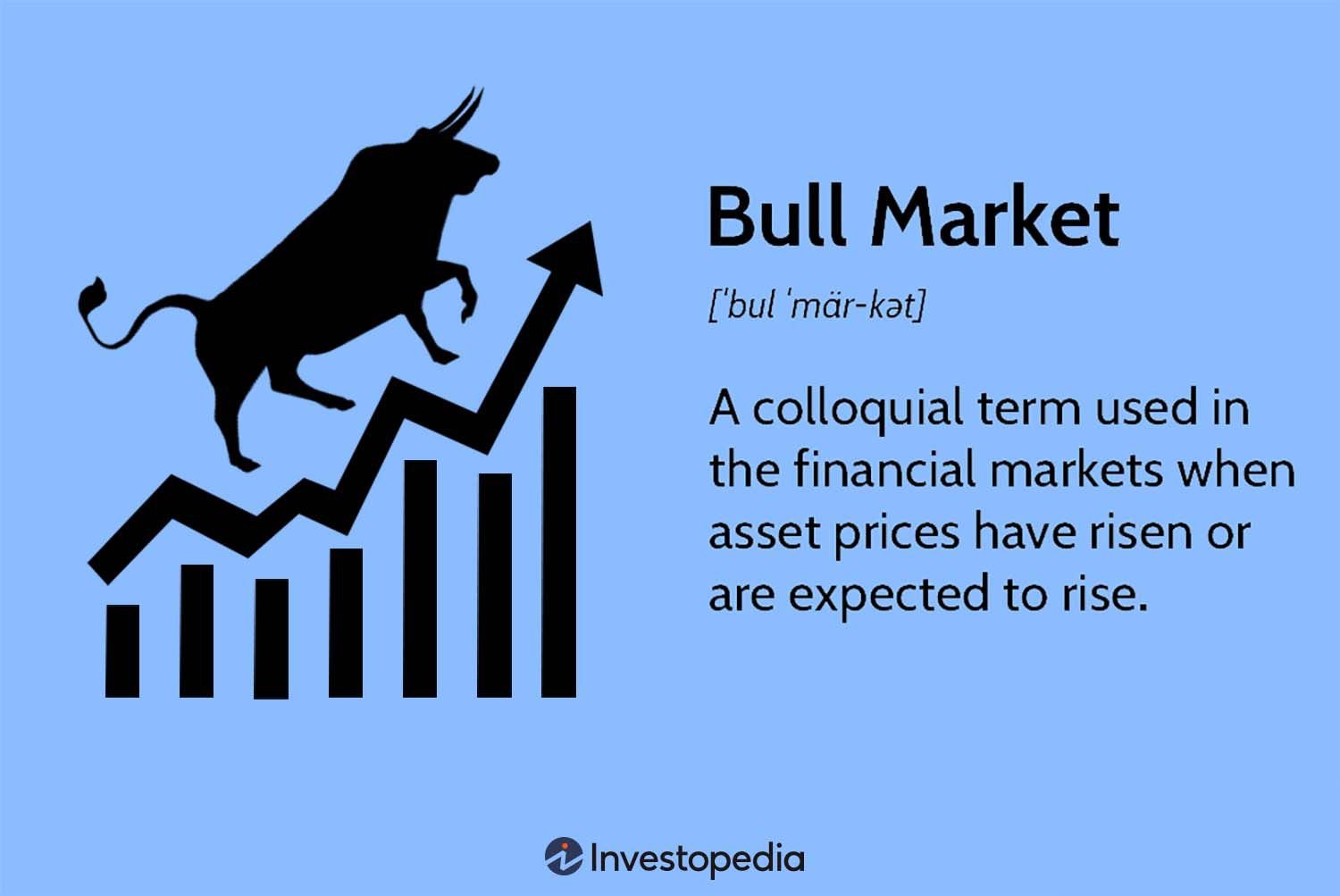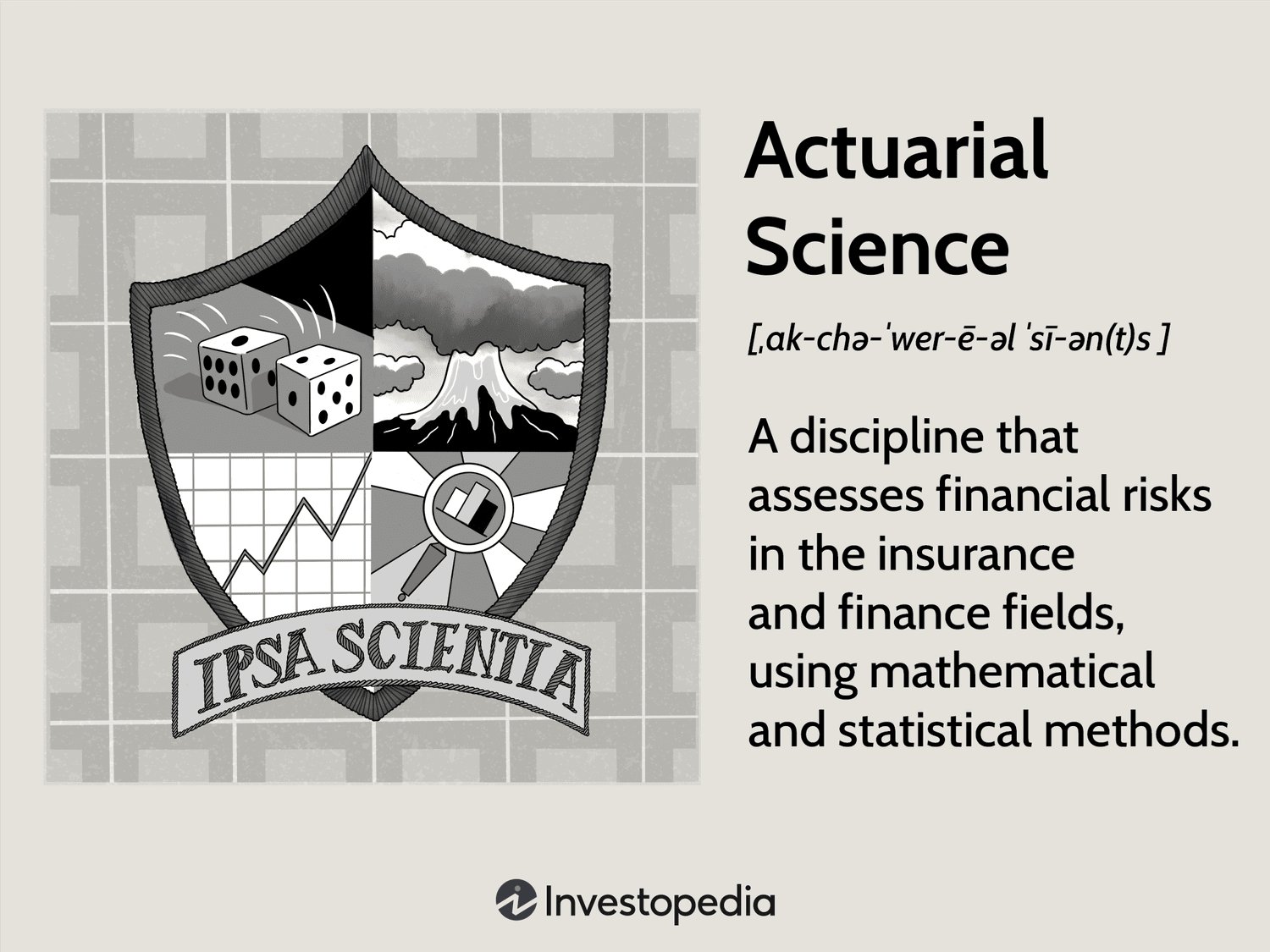What is a budget deficit and its implications? A budget deficit occurs when a government spends more money than it receives in revenue, resulting in a shortfall. This financial situation brings along various consequences that affect both the government and its citizens. Understanding the implications of a budget deficit is crucial in grasping its impact on the economy, public services, and future generations. Let’s explore the intricate world of budget deficits and delve into the significant implications they bring forth.
What is a Budget Deficit and its Implications?
A budget deficit occurs when a government’s spending exceeds its revenue in a given fiscal year. It is an economic indicator that reflects an imbalance between income and expenditure. The implications of a budget deficit are far-reaching, affecting not only the government but also businesses, individuals, and the overall economy. In this article, we will delve into the details of what a budget deficit entails, its causes, impacts, and possible solutions.
Understanding Budget Deficit
A budget deficit occurs when a government spends more money than it generates through taxes and other sources of revenue. This shortfall leads to an increase in the national debt as the government borrows money to cover the deficit. The national debt represents the cumulative total of all past budget deficits.
It is important to differentiate between a budget deficit and a national debt. While a budget deficit refers to the annual shortfall, the national debt encompasses the accumulated deficits over time. Budget deficits contribute to the growth of the national debt, which can have long-term consequences if left unchecked.
Causes of Budget Deficit
Several factors can contribute to the emergence of a budget deficit:
- Economic Downturn: During recessions or economic downturns, government revenues tend to decrease as individuals and businesses earn less, resulting in lower tax revenues.
- Excessive Government Spending: Governments might engage in excessive spending on social programs, defense, infrastructure development, or other sectors without generating sufficient revenue to cover the costs.
- Tax Cuts: Reductions in taxes without corresponding cuts in government spending can create budget deficits.
- Financial Crises: Severe financial crises can strain government finances as they struggle to rescue banks, stimulate the economy, and address the fallout from the crisis.
- Demographic Changes: An aging population and increased healthcare costs can put pressure on government budgets, potentially resulting in deficits.
The Impacts of Budget Deficit
The implications of a budget deficit can be significant and wide-ranging:
1. Increased National Debt
A budget deficit contributes to the accumulation of the national debt. As the government borrows money to cover the shortfall, it issues bonds or Treasury bills. These financial instruments serve as debt obligations, and the government must pay interest on them. The national debt represents a burden on future generations, who will need to repay the borrowed funds and cover the associated interest costs.
2. Inflation and Monetary Policy Challenges
Large budget deficits can put upward pressure on inflation. When the government injects a significant amount of money into the economy through deficit spending, it increases the money supply. If this money supply growth outpaces the growth of goods and services, it can lead to inflation. Central banks may need to tighten monetary policy to control inflation, making borrowing more expensive for businesses and individuals.
3. Reduced Confidence and Investment
High budget deficits can erode investor confidence in a country’s fiscal health. Investors may become wary about the government’s ability to manage its finances, leading to higher borrowing costs and reduced investment. This can hamper economic growth, job creation, and innovation.
4. Trade and Exchange Rate Effects
A budget deficit can impact a country’s trade balance and exchange rates. When a government runs a deficit, it may need to borrow from other countries. This increases the demand for foreign currencies, potentially leading to a depreciation of the domestic currency. A weaker currency can make exports more competitive but also increase the cost of imports, affecting trade dynamics.
5. Crowding Out of Private Sector
Government borrowing to finance a budget deficit can compete with private sector borrowing. When the government absorbs a significant portion of available funds, it may limit the amount of credit and investment available to businesses and individuals. This crowding out effect can hinder private sector expansion and economic growth.
Addressing Budget Deficits
Governments have several options to address budget deficits:
1. Fiscal Policy Adjustments
Adjusting fiscal policy by increasing taxes or reducing government spending can help address budget deficits. However, these measures need to be carefully implemented to avoid negatively impacting economic growth and social programs. Governments must strike a balance between reducing deficits and supporting the economy.
2. Economic Growth and Increased Revenue
Strong economic growth can boost government revenues, helping to shrink or eliminate budget deficits. Policies that promote investment, innovation, and job creation can stimulate economic activity and generate higher tax revenues without resorting to tax increases.
3. Debt Restructuring
Some governments may opt for debt restructuring to alleviate the burden of a large national debt. This can involve renegotiating interest rates, extending repayment periods, or refinancing existing debt. However, such measures should be approached cautiously to avoid negative repercussions on the country’s credit rating and borrowing costs.
4. Prudent Spending and Efficiency
Governments can enhance financial management and reduce wasteful spending to address budget deficits. Improved efficiency in delivering public services, eliminating duplication, and reducing bureaucracy can contribute to cost savings. It is important to prioritize spending on essential services and investments that yield long-term benefits.
5. Public-Private Partnerships
Engaging in public-private partnerships (PPPs) can be an effective strategy to finance infrastructure projects without relying solely on government funds. PPPs involve collaboration between the government and private sector entities, sharing the costs, risks, and benefits of infrastructure development. This approach can help ease the burden on government budgets.
A budget deficit occurs when a government spends more money than it generates through revenue sources, leading to an increase in the national debt. The implications of a budget deficit are manifold, affecting the economy, individuals, businesses, and government finances. It is crucial for governments to address budget deficits through a combination of prudent fiscal policies, economic growth strategies, and efficient spending. By managing budget deficits effectively, countries can strive towards fiscal sustainability and foster economic stability.
Understanding the National Debt and Budget Deficit
Frequently Asked Questions
Frequently Asked Questions (FAQs)
What is a budget deficit?
A budget deficit occurs when a government’s spending exceeds its revenue or income for a specific period. It means that the government is spending more money than it is earning.
What are the implications of a budget deficit?
A budget deficit can have several implications, including:
– Increased borrowing: To cover the deficit, the government may need to borrow money by issuing bonds or seeking loans from other countries or financial institutions.
– Debt accumulation: A budget deficit leads to increased national debt as the government borrows funds to finance the deficit.
– Interest payments: With an increasing debt burden, the government needs to pay interest on the borrowed funds, leading to additional expenses.
– Inflation risk: To finance budget deficits, governments may resort to printing more money, which can contribute to inflationary pressures in the economy.
– Reduced public investment: Budget deficits can cause a decrease in public investments, as the government may prioritize debt servicing or implement austerity measures to address the deficit.
– Impact on future generations: Large budget deficits can burden future generations with increased debt and potential economic instability.
How is a budget deficit different from a national debt?
While a budget deficit refers to the annual shortfall between government spending and revenue, the national debt represents the accumulated deficits over time. In other words, the national debt is the total amount owed by the government due to past deficits.
What are the main causes of a budget deficit?
Some of the main causes of a budget deficit include:
– Economic downturns: During recessions or economic slowdowns, governments often experience decreased tax revenue while still needing to fund essential services.
– Increased government spending: Expanding government programs, infrastructure investments, or funding emergency situations can contribute to a budget deficit.
– Tax cuts: Reductions in tax rates without corresponding cuts in government spending can lead to a budget deficit.
– Healthcare and social security costs: Rising costs in healthcare and social security programs can strain a government’s budget, resulting in a deficit.
How can a budget deficit affect the economy?
A budget deficit can impact the economy in various ways, such as:
– Higher interest rates: Increased government borrowing can lead to higher interest rates, making it more expensive for businesses and individuals to borrow money.
– Crowding out private investment: When the government borrows extensively, it may limit the available funds for private investment, potentially slowing down economic growth.
– Reduced consumer confidence: Budget deficits can create uncertainty about the government’s ability to manage finances, leading to lower consumer confidence and decreased spending.
– Currency devaluation: Excessive deficit spending could cause a devaluation of the national currency, affecting imports, exports, and overall trade balance.
What measures can be taken to reduce a budget deficit?
To reduce a budget deficit, governments can consider various measures, such as:
– Increased taxes: Raising taxes can generate additional revenue to bridge the deficit.
– Cutting government spending: Implementing austerity measures by reducing expenditure on non-essential areas can help decrease the deficit.
– Economic growth initiatives: Promoting economic growth can lead to increased tax revenue and eventually reduce the deficit.
– Fiscal responsibility: Governments can prioritize responsible financial management and long-term planning to avoid budget deficits.
Can a budget deficit be beneficial in any way?
While budget deficits are generally seen as undesirable, in certain situations, they can have some potential benefits. For example:
– Economic stimulus: During recessions, deficit spending can stimulate economic activity and aid in recovery.
– Investment in infrastructure and public services: Budget deficits can enable governments to invest in crucial infrastructure projects and public services that contribute to long-term economic growth.
– Crisis management: During emergencies or natural disasters, budget deficits can provide the necessary funds for immediate relief and recovery efforts.
What is the role of fiscal policy in managing a budget deficit?
Fiscal policy plays a vital role in managing a budget deficit. Governments can use fiscal tools such as taxation, government spending, and borrowing to influence the economy and address deficits. By adjusting tax rates, controlling spending, and implementing strategic borrowing, governments can manage budget deficits and stabilize the economy.
Final Thoughts
In conclusion, a budget deficit occurs when a government spends more money than it collects in revenue. This can have several implications for an economy. Firstly, it can lead to an increase in public debt as the government needs to borrow money to cover the shortfall. Additionally, it can result in higher taxes or reduced public spending to balance the budget. A budget deficit can also impact interest rates and exchange rates, potentially affecting investment and trade. Therefore, understanding what a budget deficit is and its implications is crucial for policymakers and citizens alike, as it directly affects the overall health of an economy.



